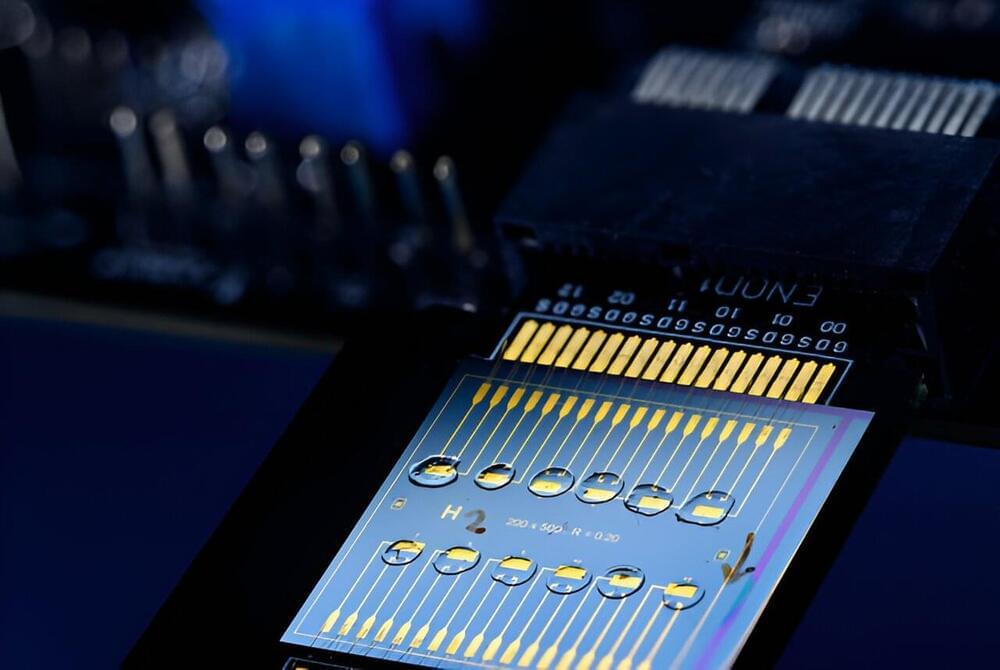Large-scale neural network models form the basis of many AI-based technologies such as neuromorphic chips, which are inspired by the human brain. Training these networks can be tedious, time-consuming, and energy-inefficient given that the model is often first trained on a computer and then transferred to the chip. This limits the application and efficiency of neuromorphic chips.
TU/e researchers have solved this problem by developing a neuromorphic device capable of on–chiptraining that eliminates the need to transfer trained models to the chip. This could open a route toward efficient and dedicated AI chips.
Have you ever thought about how wonderful your brain really is? It’s a powerful computing machine, but it’s also fast, dynamic, adaptable, and very energy efficient.










Leave a reply